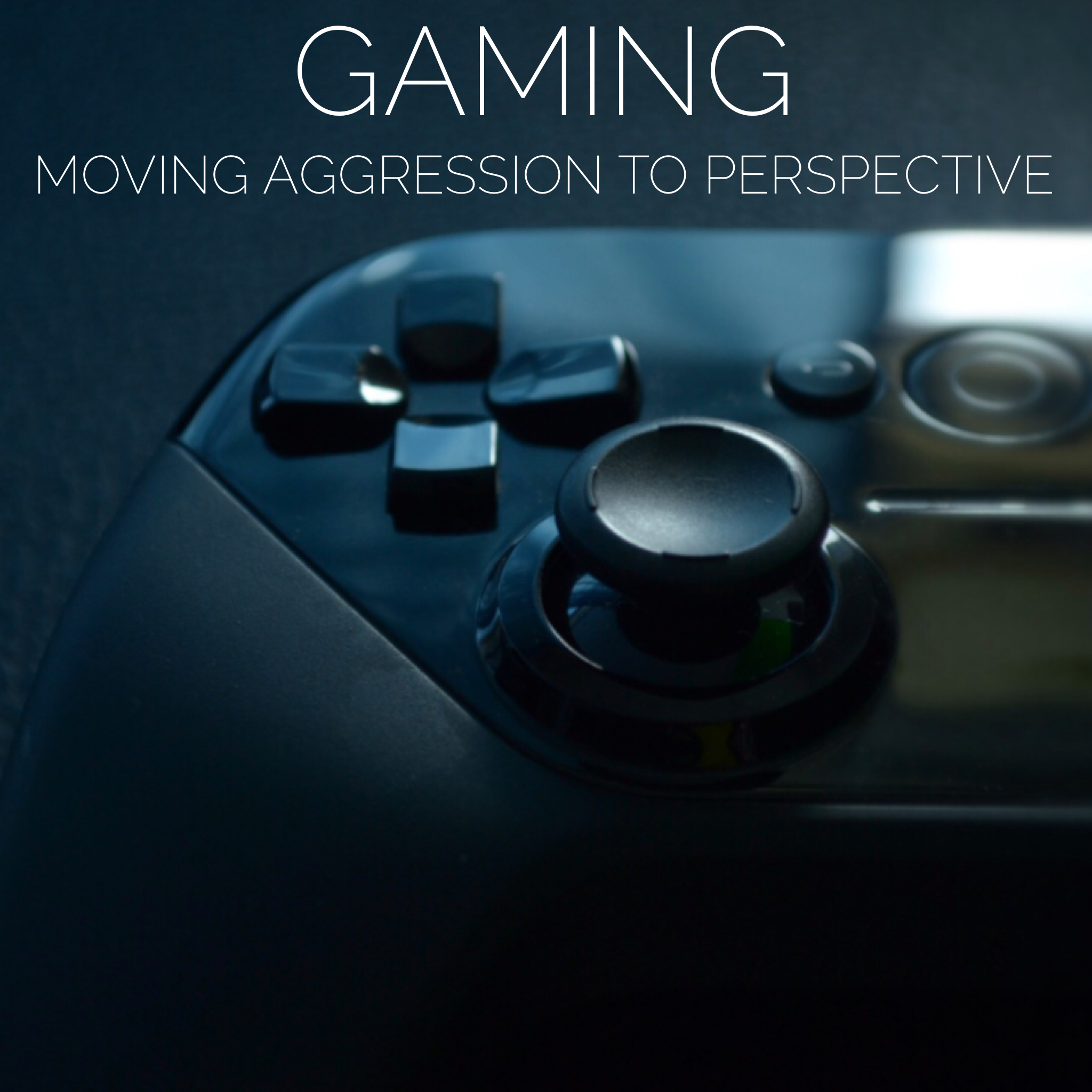If you haven't yet, I suggest you go back and read Part 1 from our last email, or scroll down to the bottom of this email for a quick recap to see how we're exploring this topic.
How do you know if you are building a life or a brand?
Using research-based points for digital flourishing we are going to do some gentle self-observations and allow ourselves to be open. I do these check-ins for myself and I am still learning, growing, and releasing new places. You're not self-condemning, you're just exploring motivations for your own well-being. It's okay, it's important, and it's good.
Here we go
Your mind ✓ When building a life, you're living from a quiet mind that is firmly rooted in who you are, and your belonging. Everything online and off flows from that security. When building a brand, you're living from a place of needing affirmation and engagement to bring self-fulfillment. The former allows you to not be too strongly affected by the content you put out and the content you consume. You don't "need" it. "30% of 18-44 year olds feel anxious if they haven’t checked their social media in the last 2 hours." -Center for Humane Technology, Sept.2020
Your People ✓ When building a life and not a brand you care more about those in your everyday life than you do about gaining likes on your followers list. This can even be applied online with close friends. "Well-being has been extensively associated with social bonds. When we use social media as a tool to deepen our strong-tie relationships (i.e. those with close friends and family rather than acquaintances or weak-tie relationships), our well-being increases. When we use it to consume content or compare ourselves to others, well-being decreases. - Digital Communication Media Use and Psychological Well-Being, Oxford, Oct.2019
Your Time ✓When building a life and not a brand you carve out and value time offline. Unplugging, stepping away from the screen, and pouring into yourself and others are imperative for your health. This is getting more and more important as relationships, work, and school are all on screens. The U.S. was found to have a 215% increase in time spent on mobile devices last year. - Nielsen, 2020 "One month away from social media leads to a significant improvement in emotional well-being, including a reduction in loneliness and an increase in happiness, as well as a significant reduction in political polarization."-aea journal, March 2020
Your Moments ✓ When building a life and not a brand you live in the moment rather than focusing on building the moment for your social media platform.
Live the moment, then share; don't live the moment to share.
Becoming aware of this is important. We have all experienced it due to what the platform has done to our brains. "People who took photos to share on social media experienced less enjoyment and less engagement with the scene compared to those who took photos purely for their own pleasure. Closer analysis indicates that taking photos to share on social media increases a user's focus on their own self-identity and self-presentation, distracting them from connecting to the world around them."
"The mere presence of a mobile phone can disrupt the connection between two people, leading to reduced feelings of empathy, trust, and a sense of closeness." - Peer-reviewed research, DWI Digital Wellness Institute, Center for Humane Technology
Your Character ✓ When building a life and not a brand you care more about your own integrous heart, humility, speech & actions, than you do about winning an argument on all the FB comments. What your kids believe about your character matters more than any influencer or follower online, and your kids are watching you. Don't simply get lured by trends, but stand up for your beliefs with authenticity in all areas of life. "Each word of moral outrage added to a tweet increases the rate of retweets by 17%. It takes very little effort to tip the emotional balance within social media spaces, accelerating further polarization." -PNAS, July 2017
When we spend the time to evaluate these vulnerable places in our own lives and online engagement, then we can have the empathy to see others more clearly as well. Not simply their "brand", we see them as a life. We can think deeply about the other person, and their experiences, and not get blinded by the quick judgment we've been conditioned to make. We begin to listen and work together as complicated human beings, not just polarized opinions or pretty faces. We can step back and see the whole truth, the whole person, and use our tech to promote wisdom, goodness, and justice.
How do you build a life and not a brand? Focus your energy where it is best spent - Life.
The rest is the icing on the cake, not the cake itself.
Approach your screen as an avenue for authentic connection & a tool for life. This will promote your
mental & relational well-being. #techresponsibly
Find resources for healthy digital habits at talkmoretechless.com





